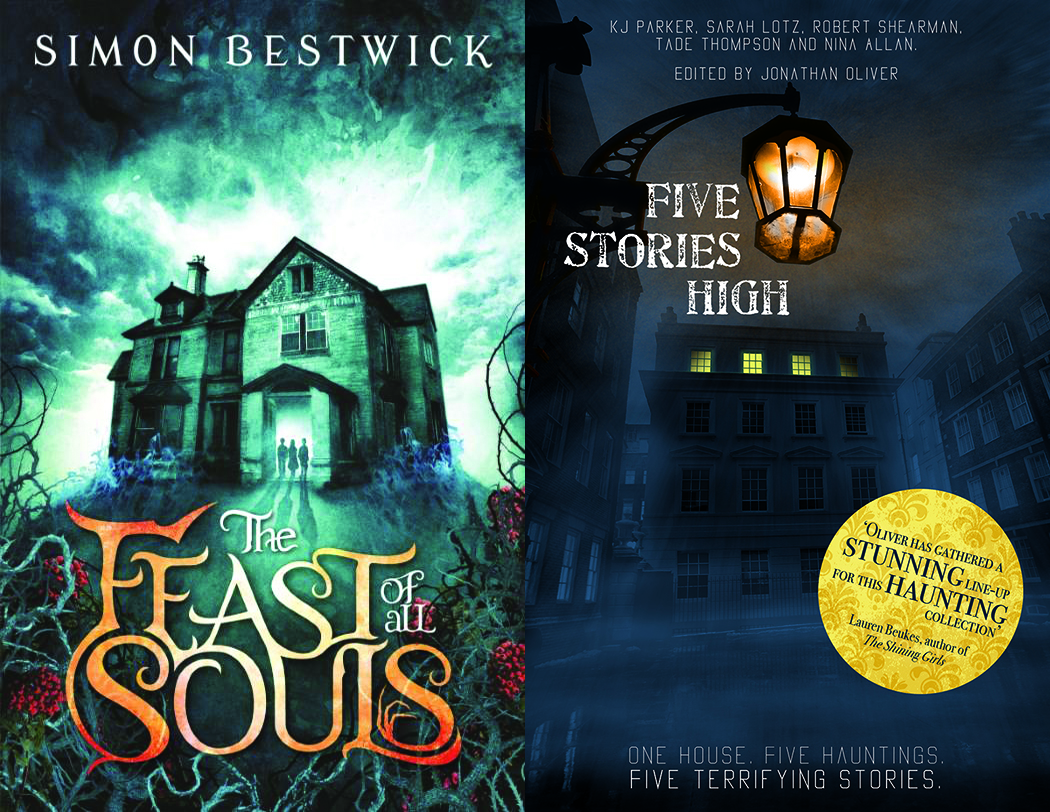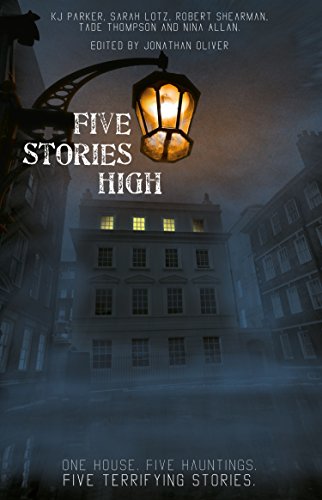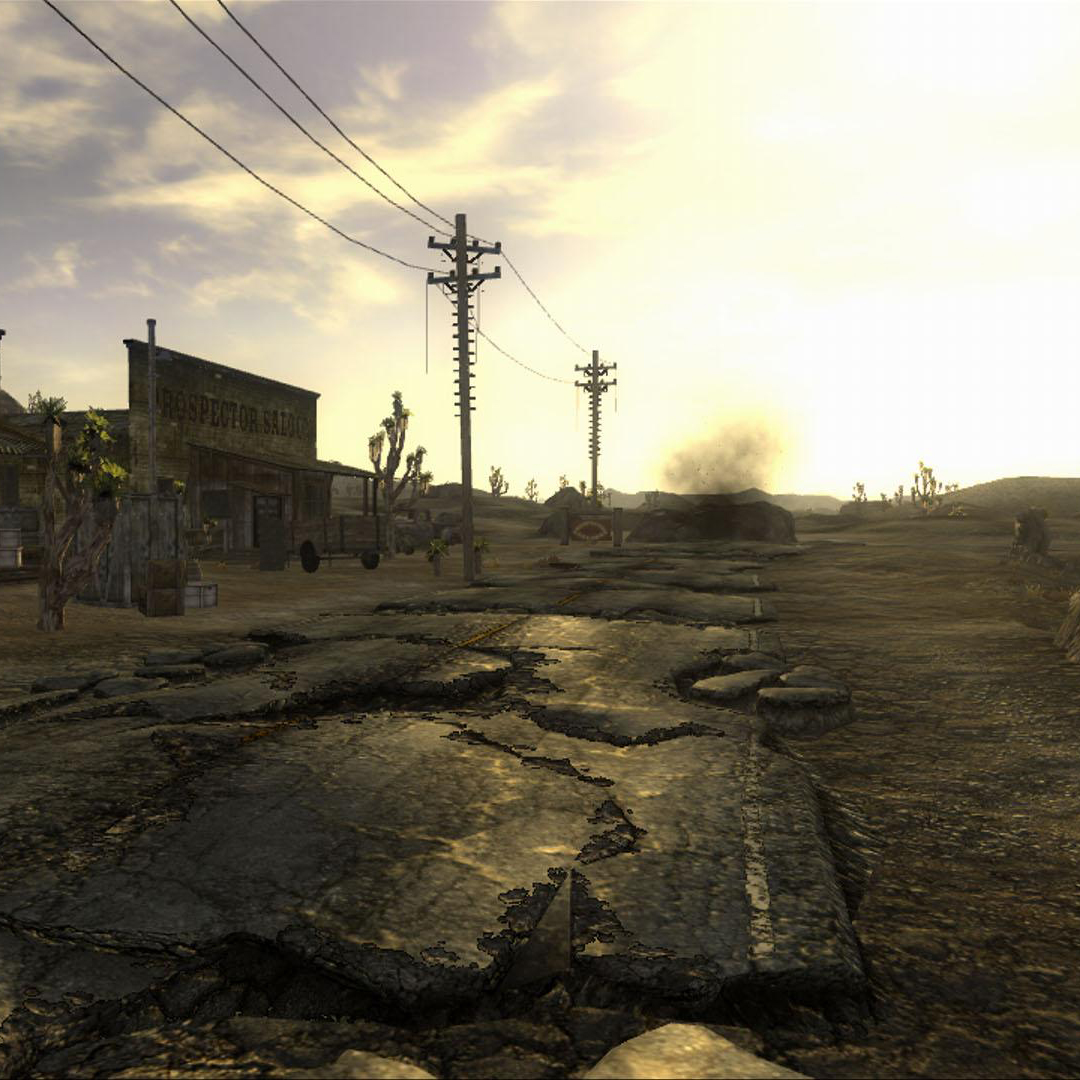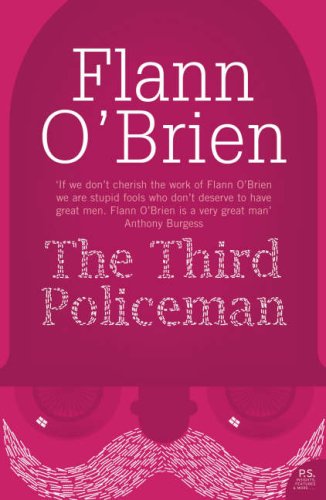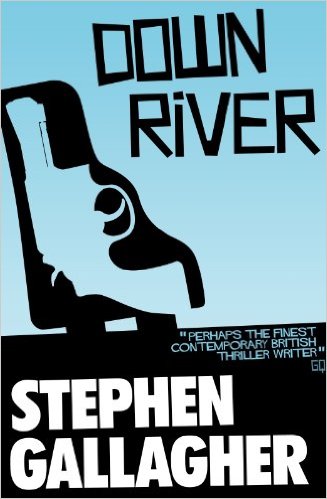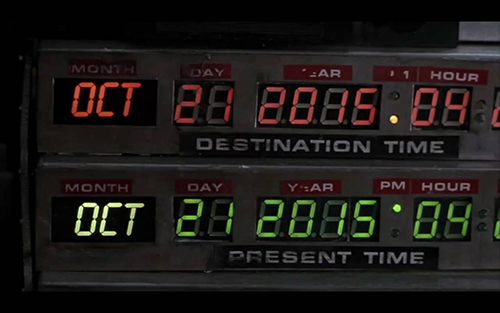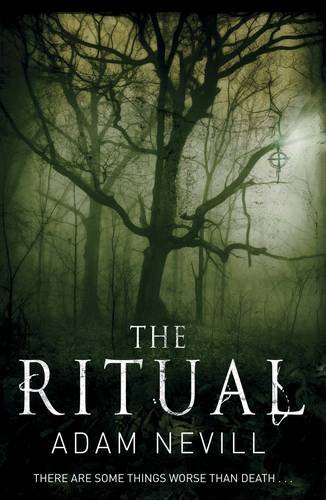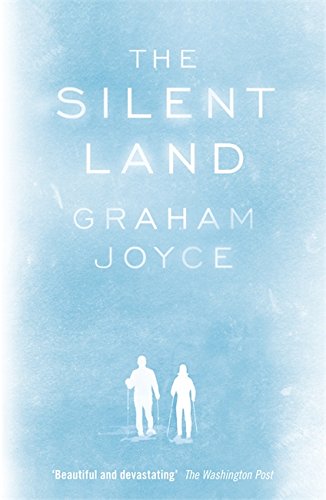
Depression can be like a wave – sometimes I can see it coming, aware of its approach from far off, and then I can at least prepare myself, batten down the hatches, limit the damage; other times though it hits like a tsunami. I can start a day as right as rain, going about my business and then, suddenly, I’m drowning.
Fortunately, the days like that are getting a lot less common, and that’s because I sought help. Even though I’ve always thought of myself as quite an open person, able to share my problems, it took a lot for me to admit that I wasn’t at all well and I owed it not just to myself, but to the people I love, to try and get better.
Anxiety and depression have been something I’ve lived with for my entire life. As a child and into my teens, I suffered from panic attacks – moments where for no apparent reason, and with no trigger that I could discern, I would be utterly convinced I was about to die. I remember once running home from a friend’s house (I must have been about thirteen) and bursting through the front door, announcing that I was convinced I was going to die. Fortunately, my parents were pretty well-equipped to deal with me in this state. My father has suffered from depression too (once so acutely he was hospitalised) and my mother is a psychiatrist. Even so, looking back, I can’t imagine how stressful, how anxiety-inducing, dealing with a son in such a state was. Lord knows, I find regular parenting exhausting enough in itself.
I grew out of the panic attacks, fortunately, but as with most things related to anxiety and depression, I’m still aware of them somewhere deep in my subconscious, ready to re-emerge if things get bad. Fortunately, I have become more proficient in understanding and coping with my mind.
In my late teens my anxiety manifested as a deep-seated fear of losing control. Specifically, I couldn’t be around sharp knives. Now, that sounds mildly silly, hilarious even, as I type it out (and I’ve never told anybody about this bar one of my counsellors), but it was very real to me and plagued my mind. It would be so easy to hurt myself, I ‘rationalised’, or somebody else with a simple kitchen knife. What if I lost my mind? What if that did happen? Of course, the irrational fear doesn’t become acted out. In identifying the fear, you are putting it in its place. But the thought itself is often bad enough. I was convinced at points that I was losing my mind; that I would go irrevocably insane and be carted off. My father noticed my high state of anxiety and recommended a counsellor to me.
This was revelatory—that I could talk to someone who wouldn’t immediately call for the crazy house doctors to come and take me away; who would show me my irrational fears for what they truly were and help me recognise the tricks the anxious mind plays upon itself. I was given a vital tool for getting back on track, and for the rest of my teens and into much of my adulthood, anxiety and depression became much more manageable.
It is not, something, however, you can cure (though it can be overcome); it is something you learn to manage. And in my mid-thirties the tsunami hit, and I wasn’t the only one pulled under.
I was becoming increasingly tetchy with my family. I have a wonderful wife and two incredible daughters, and they deserve a medal for helping me to cope. Ali (my wife), in particular, told me that I needed help. And of course I did; because I hadn’t used the tools of coping for a while, I’d forgotten them. When you’re in the middle of the storm, sometimes it’s hard to see the storm.
This time self-doubt was the major element of my depression – a nagging, almost constant self-criticism that I wasn’t worthy of my job, or my family, that I was a failure and that nobody respected me, or thought I was worth anything as an editor. Again, a part of me knew this to be irrational, and so I did the worst thing I possibly could: I ignored it, rather than remembering the coping techniques I’d learned all those years ago. And things got pretty bad. I still can’t believe the grace and compassion and, most importantly, love that Ali has shown me throughout.
Now I’m out the other side of the storm, it’s almost like looking back and seeing an entirely different person – how could anybody love that? As a writer self-doubt and professional envy are all part of the package, but this wasn’t the occasional nagging moment easily dismissed; this was eating me. I was incapable of stopping, taking in all the wonderful things that surrounded me, taking in any of my achievements and taking credit for them. Instead, I’d tell myself that I was useless, that anything that didn’t succeed in my line of work was due to my failings and not the strange nature of publishing itself – which is notoriously fickle. I remember once, when the night seemed darkest, bursting into tears on a train journey up to London, where I was meeting a bunch of genre editors for a Christmas do. What should have been a fun evening of fan fellowship was pretty much ruined by my mind saying, You know you shouldn’t be here? You know that you don’t belong as part of this crowd?
So, once my wife had made me realise just how bad I had become, I sought counselling for the first time in years. And again, I learned about the tricks the depressive mind plays; the irrational thing that tells you lies, and when you’re tired or stressed you believe them. I remember describing to one of my counsellors that I just wanted the ‘noise’ to stop; that my thoughts felt like a constant whirlwind. And what I discovered, or rather re-discovered, was that you don’t need to listen to those voices that tell you are no good, and if you do listen to them, you need to recognise them for what they were.
Months before I finally asked to be put on an anti-depressant, I was of the mind that if I went down the path of chemical treatment I would have failed in some way. I suppose what I feared was an admittance of weakness. But again, that’s the irrational mind for you. After all, if you were suffering from a horrible virus that required medication, you wouldn’t feel foolish for seeking out treatment. Depression and anxiety disorder are an illness; they’re not some sort of bizarre made-up malady.
First of all I was prescribed Sertraline, and after a couple of weeks of feeling nauseous it did begin to make me feel considerably better. It was like a dark cloud had been blown away. However it did, to be quite blunt about it, also give me the shits. So, I moved to Fluoxetine (aka Prozac) and that did the trick and I continue to use it. It’s important to realise that if you do go on medication, it may take a period of trial and error to find the right one for you, but it can be worth persisting – I found anti-depressants revelatory. Fluoxetine helped me to find myself again, and find myself likeable and worthy. I do hope one day to leave them behind and to rely once again on my coping strategies, but while I’m rebuilding those defences, they have been a godsend. There was, for a while, the worry that they would make me less creative, that I wouldn’t be able to write as well, thinking (wrongly, as it turns out) that anxiety and depression are a boost to creativity in some way; that my irrational self also helps fuel my imagination. It’s true that having a strong imagination and suffering from anxiety are likely related, but it’s not true that abiding by anxiety and depression fuels the creative mind. On medication I have been more prolific than ever, able to focus instead on my creativity without the baggage of the irrational mind.
In all of this, I have been blessed with the presence of fellow-travellers: those who suffer from depression themselves and know what it’s like, and how they can help me to cope. I’ve been blessed by a family that even when I’m at my worst, can see the man I actually am and can cut through the clouds to the real me. It can take a lot of patience to live with a depressive, and I’m in awe of the compassion and love that I’ve been shown. My colleagues, too, have been incredibly supportive at times when it’s been difficult to work alongside me.
I’m getting better, but I needed (and continue to need) help. It took other people to give me the courage to seek that help. I hope that together we can share our experiences and so gives others the courage and the help that they need.
If there are two main things I’d like you to take away from this article it is, firstly, that depression lies and, secondly, you are not alone.
About the campaign:
#HoldOnToTheLight is a blog campaign encompassing blog posts by fantasy and science fiction authors around the world in an effort to raise awareness around treatment for depression, suicide prevention, domestic violence intervention, PTSD initiatives, bullying prevention and other mental health-related issues. We believe fandom should be supportive, welcoming and inclusive, in the long tradition of fandom taking care of its own. We encourage readers and fans to seek the help they or their loved ones need without shame or embarrassment.
Please consider donating to or volunteering for organizations dedicated to treatment and prevention such as: American Foundation for Suicide Prevention, Home for the Warriors (PTSD), National Alliance on Mental Illness (NAMI), Canadian Mental Health Association, MIND (UK), SANE (UK), BeyondBlue (Australia), To Write Love On Her Arms and the National Suicide Prevention Hotline.
To find out more about #HoldOnToTheLight, find a list of participating authors and blog posts, or reach a media contact, go to Facebook.
